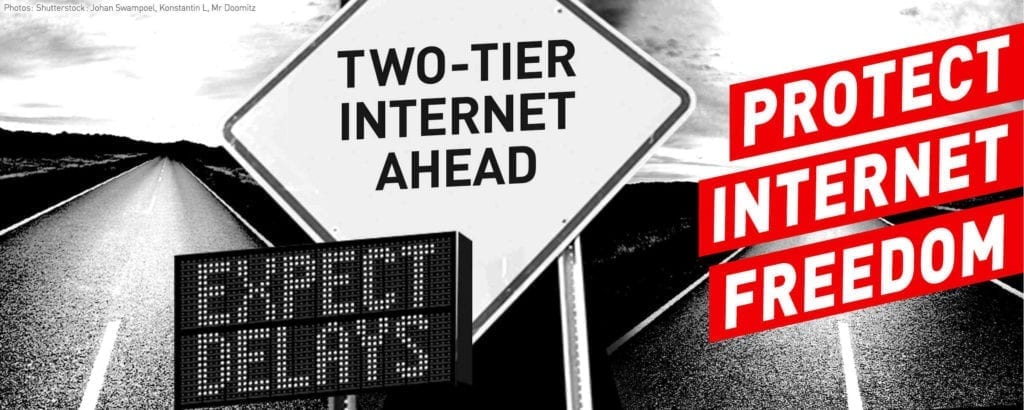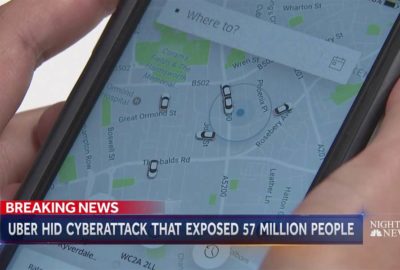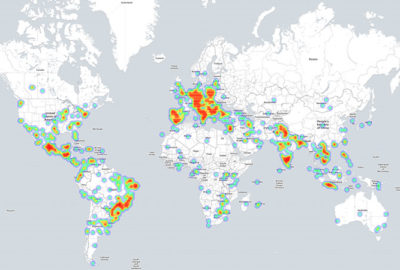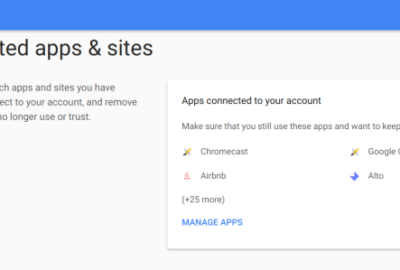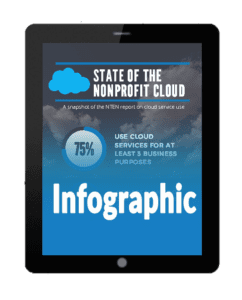Tech News
The Net Neutrality Debate: How will it affect us all?
What is net neutrality?
Net neutrality is the regulation that ensured internet websites and services were treated equally by internet service providers (ISPs), our right to an internet that enables and protects free speech. This includes our assumptions that we are connected to whatever web services we want, and that our cable our phone company isn’t interfering with the data and connectivity of all websites, applications, and content we choose. This is the way the internet has always worked.
What happened?
Yesterday, FCC chairman Ajit Pai led a vote to repeal the Open Internet Order, dissolving net neutrality rules. This means that internet carriers can interfere in network traffic, possibly blocking certain high-traffic services.
How will this repeal affect us?
Without the Net Neutrality rules, companies like AT&T, Comcast, and Verizon will be able to decide which websites, content, and applications succeed. Potentially, we as consumers could see higher prices, fees for Youtube or other currently free services, or restrictions on what is currently offered to us from our ISPs. These changes are unlikely to happen overnight, as some internet providers have expressed commitment to stand by the principles of net neutrality. ISPs could require free services like Yelp, Amazon, or Twitter to pay a monthly charge to reach it’s subscribers. Start-ups could also be impacted, if mobile giants such as AT&T and Verizon give priorities to the TV shows and other videos or music they provide to viewers. Start-ups and small businesses would have to pay to reach customers, which would make it harder for them to get off the ground.
Savetheinternet.com says, “The consequences will be particularly devastating for marginalized communities media outlets have misrepresented or failed to serve. People of color, the LGBTQ community, indigenous peoples and religious minorities in the United States rely on the open internet to organize, access economic and educational opportunities, and fight back against systemic discrimination.
Without Net Neutrality, how will activists be able to fight oppression? What will happen to social movements like the Movement for Black Lives? How will the next disruptive technology, business or company emerge if internet service providers let only incumbents succeed?”
What will happen next?
Various political and consumer groups will be involved in litigation and will sue to stop the rollback of net neutrality. Congress also has the power to reverse the FCC’s vote. We can urge our lawmakers to use a “resolution of disapproval” to overturn the FCC’s decision to dismantle the Net Neutrality rules.

